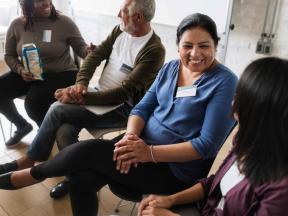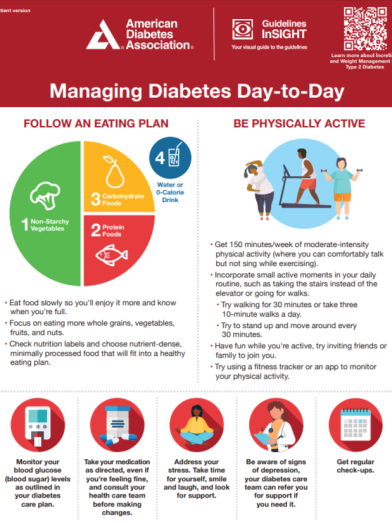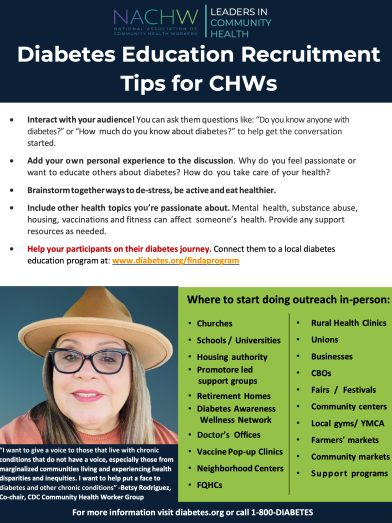Standards of Care
CHW’s have a deep understanding of the cultural, social, and economic factors that impact health and help prevent and manage diabetes, particularly in areas where access to health care may be limited.
Our Standards of Care in Diabetes (Standards of Care) highlights the importance of CHWs, including:
- CHWs, peer supporters, and lay leaders may assist in the delivery of diabetes self-management and education and support (DSMES) services, particularly in underserved communities.
- CHWs can be part of a cost-effective, evidence-based strategy to improve the management of diabetes and cardiovascular risk factors in underserved communities and health care systems.
- The CHW scope of practice in areas such as outreach and communication, advocacy, social support, basic health education, referrals to community clinics, etc., has been successful in providing social and primary preventive services to underserved populations in rural and hard-to-reach communities.
- The Standards of Care also cover key topics such as the prevention or delay of type 2 diabetes, facilitating behavior change and wellbeing to improve health outcomes, diabetes management during pregnancy, and more.
















